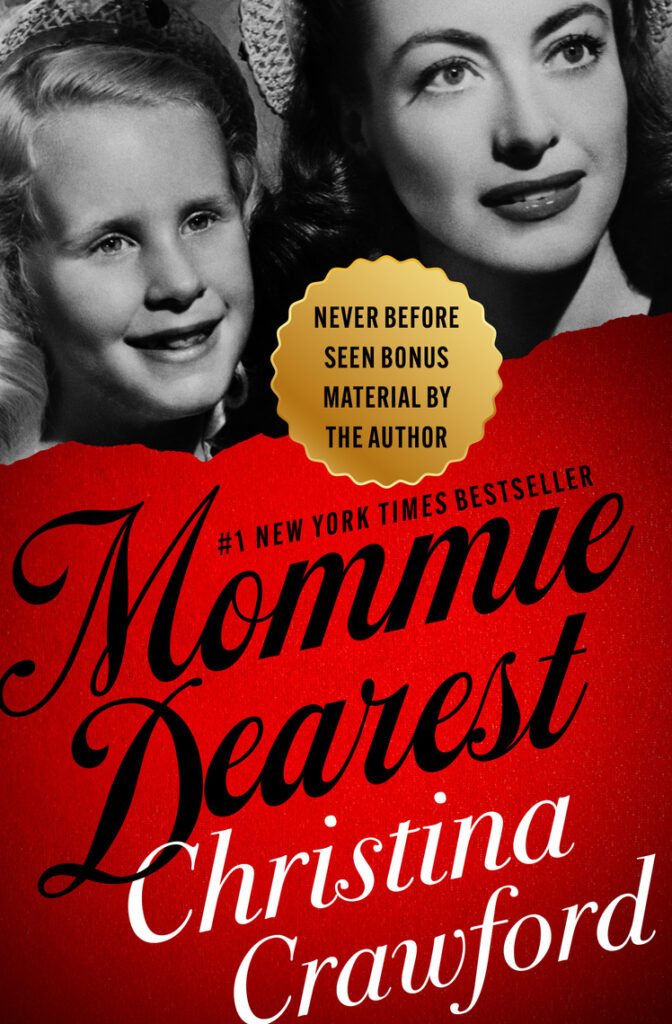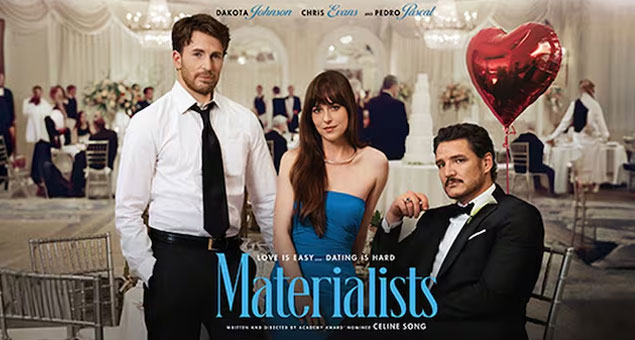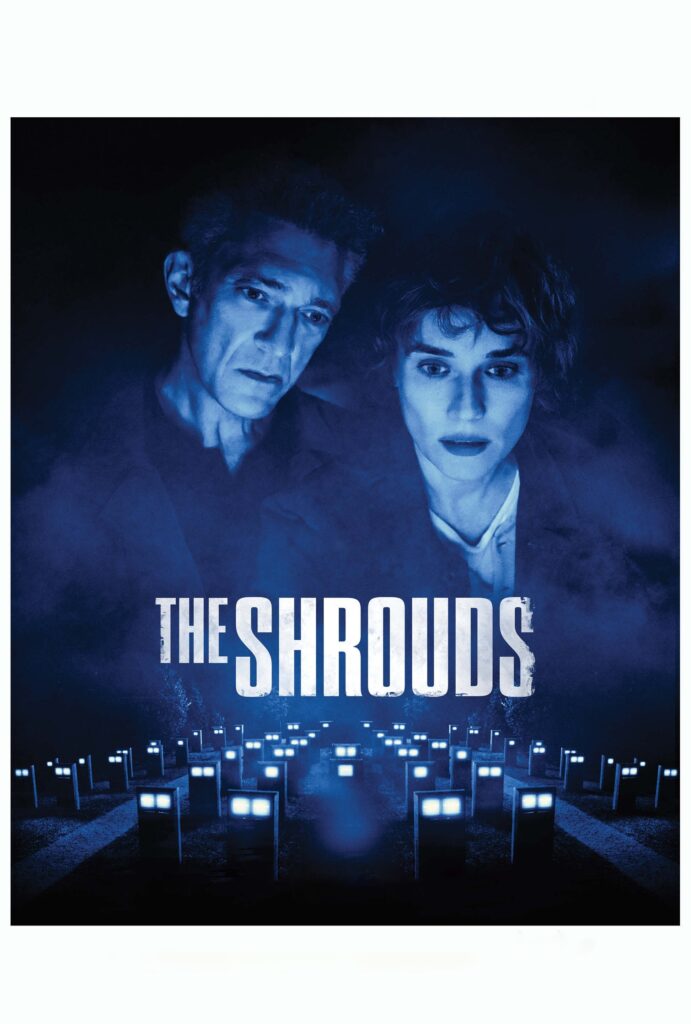This will probably be a long rambling entry, which only means that you can be sure it wasn’t written by an AI bot.
(On Facebook, I get these entries about dead movie stars, or sometimes closeted dead movie stars that have perfectly written and very long mini-biographies, and though they are readable and clear, it doesn’t feel like there is a person behind them. It’s something most people don’t think about, but the narrator of a written work is always present, and how you read something depends a lot upon what that narrator “sounds” like. This is an issue that affects women more than men, and is different for fiction and non-fiction and perhaps poetry — and it’s right there in the word “author.” Author, authority, authorize. Maybe we’ll save this for another essay.)
But I want to write about Trans and raise a few questions. This is in part a response to this New York Times essay that appeared in its magazine section on June 19 and which I just got around to reading a few days ago. The article (is probably behind a paywall) is called “How the Transgender Rights Movement Bet on the Supreme Court and Lost.” And although it sounds kind of trivial, the loss of that case “U.S. v. Skrmetti,” could have many more long range implications than it might seem. It threatens gay marriage, the right to serve in the military, job discrimination issues and it could possibly elevate “religious exemption,” to become a new constitutional right. (This is the ultimate goal, anyway, of the fundamentalist Christians on the Supreme Court, which include John Roberts, the superspreader woman, Neil Gorsuch, the man who overturned Roe, and the beer guzzler. But this case may have started that train rolling.) The trans issue didn’t win the presidency for the current usurper, but issues like “pronoun ownership,” certainly didn’t help Kamala or Biden or anyone on the left for that matter. Not that I think this Supreme Court could have cared 2 cents for the Biden administration, but Biden was somewhat forced to support this very questionable case on behalf of the left, which many gay rights activists didn’t support. And as soon as the new administration took office, it switched to the other side and was completely against it.
The first thing to remember is that trans rights and gay rights are a subset, or a child branch, of feminism. The attack on trans and gay people is basically a subset of the attack on women. A lot of gay people don’t like to think this, but there is a direct line between women questioning their role in society: “Wife, mother, home maker, emotional support for the husband,” and gay men and women questioning their supposed illness. In 1968 — I was 8 or 9 — Homosexuality was declared a mental illness in the DSM (the psychiatry diagnostic manual). A compromise was developed 5 years later which then labeled it a “disturbance.” — I was 13 or 14, and it wasn’t until 1987 that homosexuality was removed altogether as a mental diagnosis. I was 27 or 28. But this questioning of society — which more or less meant questioning of the white male-dominated religious and political institutions beliefs about the rest of us — began with the women’s movement. And it began a long time ago before the 60s and the “sexual revolution.” Someone, somewhere, has probably linked the rise of the women’s movement to industrialization. Farmwork has this natural tendency to separate men and women into different jobs. Both roles are exhausting and torturous. But I remember reading an interview with a hippy dippy trippy family — back to the earth types — who said, “Nature quickly sorts out who does what.”
The quest for racial equity began also a very long time ago too, long before the 60s civil rights movement, but the events leading up to the civil war probably had a closer relationship with religious belief: that enslavement was an affront to God. And of course the south thought exactly the opposite: that God wanted white men to enslave black men. And then you had South Africa and The Mormons that kept this religious idea going until the 80s I think — can’t remember when The Mormons finally removed racism from their dogma.
Anyway, after a hundred plus years, what women achieved, in a few parts of the world, was that women deserved equal treatment, pay, the right to vote, serve in the military, and so on. Later, gays — and I’ll just talk about gay men for the moment — gays lost their quest to have gay sex decriminalized in the 80s, by a Supreme Court that was not even remotely as conservative as this one. The argument in Bowers v. Hardwick was based on a “right to privacy” that was found earlier when it came to using contraception. Five members of the court found that they could not locate a right to privacy for an “immoral act” that was worse than rape. (Yes, one of the justices actually said that a consensual blow job by a man for a man was worse than rape.) Four of the justices dissented, strongly, that anyone with any sense could see that what goes on in a bedroom is between the two consenting adults. [Personally, I remember feeling more despondent about this country than I ever had before, at the ripe old age of 27. I did not feel like I was an American. The decision permanently hardened my attitude toward the U.S. Until then I had felt kind of like Woody Allen, that it was a mess but it was better than most alternatives. After that, I no longer cared, and started to believe that living in another country would be better.]
Fast forward to 2003 and the case Lawrence v. Texas. There were only 13 states that had sodomy laws remaining on the books. Most were in the south: Alabama, Florida, Idaho, Louisiana, Mississippi, North Carolina, South Carolina, Texas, Kansas and Oklahoma. 1 was in the north: Michigan. And the other was Mormon: Utah. Missouri also had a partial ban but I don’t know what that entailed. The court ruled in our favor this time, and found that a “right to privacy” does exist in the 4th Amendment (protection of the home from search and seizure) as well as the 14th Amendment’s due process clause, and the 9th Amendment’s assurance that rights ‘not specified’ in the constitution are retained by the people. This was important because the “right to privacy,” is one of those rights not specified in the constitution. Therefore, it can only be an implied right, and therefore falls into the realm of subjectivity, bigotry, bias, religious persuasion, disbelief, and so on.
After the right to sodomize each other was affirmed 6-3 with Scalia, Rhenquist and the vile Thomas dissenting, activists first set about making sure that the states followed the law. This is sort of where I came into some of my knowledge about these things, because I started working at Lambda Legal Defense and Education Fund (now known as Lambda Legal), and they would talk to us during the weekly meetings about where our cases stood, what we were working and doing, and so on. And I remember very specifically Suzanne Goldberg talking about suing to remove sodomy laws off the books in the states that still had them. It was all well and good to get the supreme court ruling, but states were not required to remove those laws from their books.
Around the same time, at Lambda anyway, gay marriage became the “next” big thing. And in fact, it probably was much bigger than the right to have consensual sex. Young people, especially, took to it — a lot more than older gays, because older men tended to see it as imitation rather than a simple civil right that was being denied to us based on the gender of our attraction. I remember an Irish friend (straight female) who did not support same sex marriage said, “They are allowed to get married. They just have to marry a woman,” — perhaps one of the first times I encountered such stupid twisted logic. Anyway, the history of the marriage movement is very long. It’s so long a 928 page book was written about it. It’s hard to tell, but it was felt by some that gay marriage was kind of like the cross beam you could hang everything from — that once straight people saw that gays could live in committed relationships — all other rights and privileges enjoyed by the heterosexuals would fall into place. And I think there probably was a sense in all queer communities that we had achieved it. We had made it.
But that acceptance (which I think was probably an illusion anyway) did not include, for example, private discrimination. Say, for example, a church learned that one of its workers married someone of the same gender — they could fire that person because workers basically have no rights. Just about everyone is an “at will” employee. The only counter to being fired just because your boss doesn’t like you, is a discrimination lawsuit based on attributes like age, gender, handicap, etc., and issues like sexual harassment or physical abuse. So (and I know a little about this because I own some businesses with my brother and sister), it’s perfectly legal for a boss to fire an employee because they don’t fit in, or they’re too fat, but you will automatically open yourself up to a lawsuit if you do. This isn’t really worker protection; it’s just a creative use of the law with a hint of blackmail. The same Irish woman I mentioned who, in her twisted logic, thought that gays already had the right to marry, also wanted to quit her job as a receptionist, but couldn’t just give notice, get a letter of recommendation, leave with the usual false smiles and move on. She wanted money to leave — and ultimately stayed there and made everyone’s life miserable until they gave her a year’s salary and paid for her COBRA insurance.
Gay marriage also did not address the problem of transsexuals, who had complained for decades that they were forgotten in what was essentially a white and wealthy civil rights campaign — an elitist issue. I’m specifically calling it “the problem” because in some ways, what transsexuals want is exactly the opposite of what gay men and women had fought for. Gay men and women, but especially men, did not want to be punished for their behavior. We wanted the right to behave as we wished — to have the sex we wanted and to love who we wanted. What we wanted was to express ourselves in a way that “did not match” our physical appearance. What transsexuals wanted (and this may have changed somewhat) was to change their physical body to “match” what they felt.
(I really wish html allowed for indents. There’s probably code somewhere on the internet I could copy and use but you shouldn’t have to know coding to be able to write.)
In other words:
Gays feel that their body does not match what they feel inside and that’s okay.
Trans feel that their body does not match what they feel inside and that’s not okay.
This is a highly selective filter and doesn’t take into account so many other issues, but I think it can help explain why many gay men and plenty of allies, including people like my friend Bonnie and J.K. Rowling can support one but not the other. How can gay men and our allies not support our transsexual brothers and sisters? It’s the same question when you encounter a gay person who is also a racist. When you have been marginalized, attacked in papers and pulpits all your life, treated like a non-citizen or someone who doesn’t matter, or criminalized, how can you then turn around and discriminate against someone else — even if it’s just by having the thoughts that you have?
This is where Identity rears its ugly head and by extension, identity politics and even “context” when it comes to the study of literature. Because now we have to start considering the subjective nature of experience and feelings. Gay men were essentially unified in what they wanted. “I am what I am,” is that song in La Cage Aux Folles, the gay musical which is, ironically, about a drag performer who, in the real world off stage, couldn’t be “masculine” to save his life and ultimately gives up and throws on some drag in order to make his outward presentation “match” his real self. Gay men have always said, “I am what I am,” and it was the backbone, you could say, of the struggle for gay civil rights. Trans men say, “I am not yet what I am,” or, “I am what I have not yet become.” The message is harder to understand, and you can’t sing it. Plus, it’s, in most cases, completely subjective and has nothing to do with biology.
But so is being gay. And I think this is where we have to accept that trans identity and trans issues may appear like different issues, but they are not. They are both identities rooted in the subjective experience of being alive — walking around with thoughts and emotions — seeing and incorporating the world out there into one’s sense of self. The rejection of trans issues by many gay men, a la, “I support the LGB part but not the T,” doesn’t properly acknowledge that it’s all feeling and that approaching these issues from the outside will fail and provide no answers, and also will not change anything.
Much more to come… but I want to publish this now so I remember to finish it later. Basically, the rest will be about the folly and stupidity of one particular trans activist at the ACLU.







